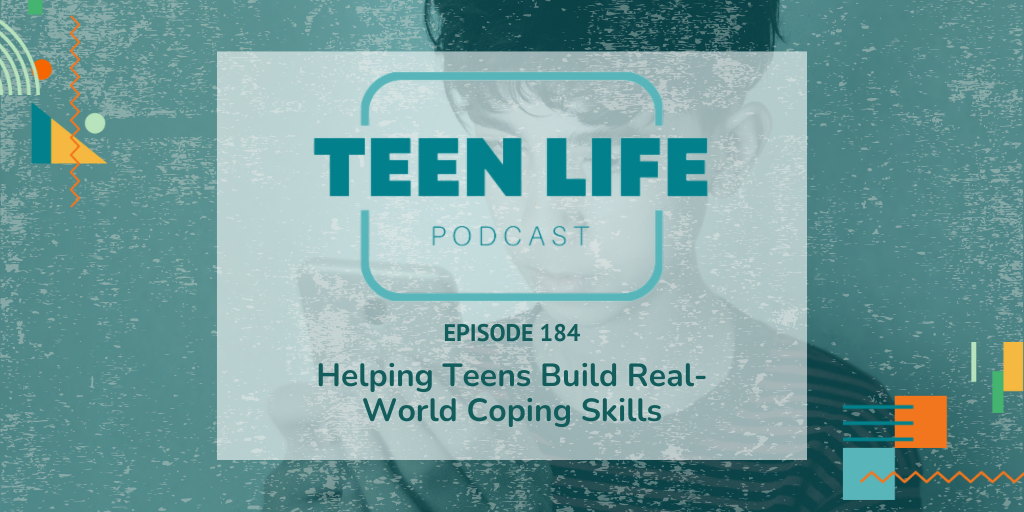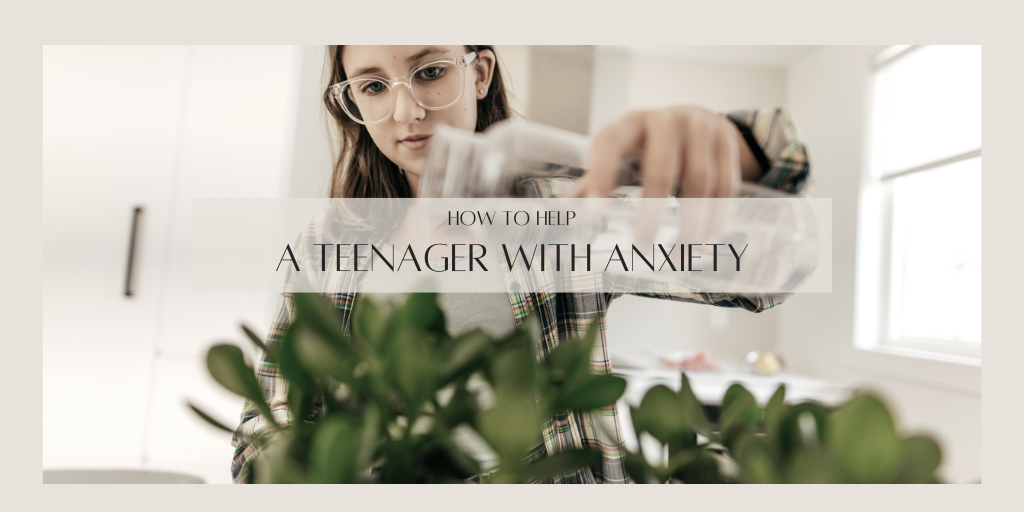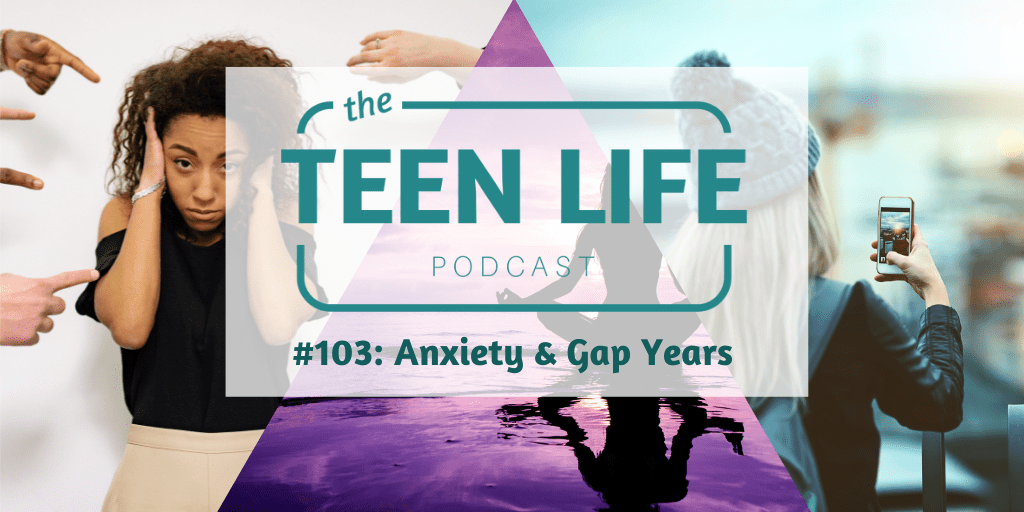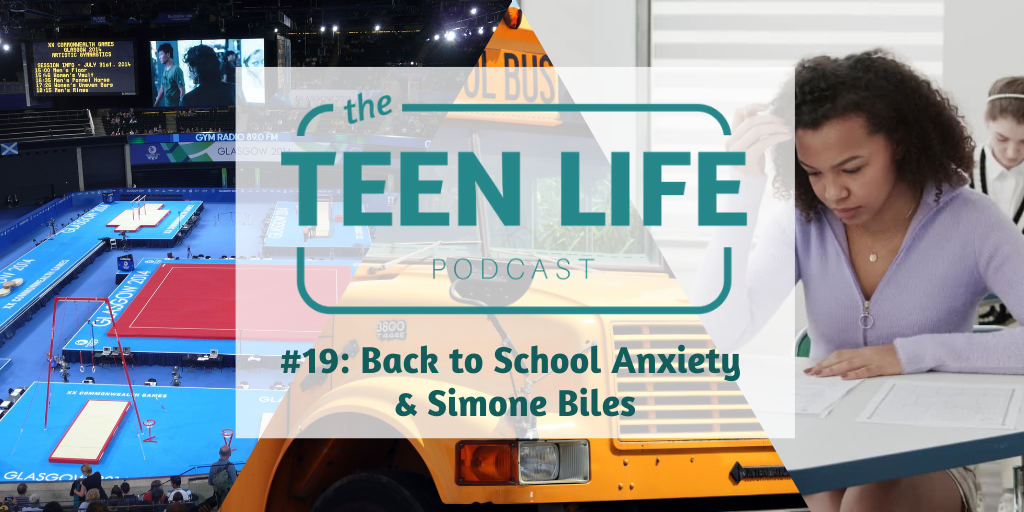Podcast: Play in new window | Download
Why Struggle Matters
When a teen melts down over a minor setback, it’s tempting to jump in and fix everything. But resilience isn’t a personality trait some kids are born with—it’s a skill that must be practiced. If teens never face real-life challenges, the “muscle” that helps them recover from stress stays weak. Our job as caring adults is not to shield them from struggle, but to guide them through it so they gain confidence and competence
Join us as we dig into research from The Anxious Generation.
Key Question
How can schools and parents help teens build coping skills that last a lifetime?
What We Cover
02:54 Understanding the Anxious Generation
05:49 Coping Tools and Problem Solving
09:05 The Role of Responsibility and Trust
11:57 Practical Advice from ‘The Anxious Generation’
14:51 The Importance of Boredom and Unplugging
18:14 Encouraging Independence and Confidence
What’s Fueling Anxiety
Author Jonathan Haidt captures a central tension: “Overprotection in the real world and underprotection in the virtual world are the major reasons why children born after 1995 became the anxious generation.”
Teens today live with:
- Overprotection offline – constant supervision and fear of risk.
- Digital overload – endless notifications and pressure to stay “on.”
- Lack of unstructured time – few chances to solve problems or be bored.
Parents and educators also feel the pull of anxiety. We see every scary headline and react by locking things down, unintentionally modeling fear.
Perspective Shift
Resilience is a learned skill, not a personality trait.
If teens don’t get chances to flex it through challenges, failures, and recovery, that muscle stays weak.
Our job isn’t to shield them from struggle, but to guide them through it so they build the confidence and skills they’ll need later.
What opportunities have they had to learn and practice resilience? Or what is holding them back?
Practial Coping Tools
Here are some simple ways adults can help teens practice resilience:
Problem-solving steps
Teach them to ask, What’s the problem? What are my options? What’s my first step?
Reframing thoughts
Shift “I failed, I’m terrible” to “This is practice, not perfection.”
Stress-reducing habits
Movement, sleep, creative outlets, and unplugged downtime.
Supportive peers
Friends who listen, encourage, and challenge in healthy ways.
Safe spaces to try and fail
School clubs, volunteering, sports, part-time jobs, or even small responsibilities at home.
Insights from the Anxious Generation
- Delay smartphones and social media – No smartphones before high school and no social media before 16 when possible.
- Replace screen hours with offline community – Sports, youth groups, group projects that require in-person collaboration.
- Encourage unsupervised play – Let kids negotiate rules and resolve conflicts without adults scripting every move.
- Invite independence – Biking to a friend’s house, cooking a meal, managing a small job, or shopping alone builds real confidence.
TL Tips and Takeaways
Let them struggle a little.
Don’t rush to fix every problem—coach them through it with gentle correction and big praise.
Make space for boredom.
Quiet time sparks creativity and self-regulation.
Unplug to recharge.
Limit screen time so there’s room for real-world practice.
Why It Matters Now
Helping them build coping skills—by allowing safe risks, encouraging independence, and modeling healthy habits—prepares them for life beyond high school.
Our kids are not fragile; they are capable and ready to grow if we give them the chance.
Links & Resources:
- The Anxious Generation by Jonathan Haidt
- Teen Life Podcast: Helping Teens Balance Digital Lives with Sarah Brooks | Anxiety
- Brick App
Read Episode Transcript
Karlie Duke (00:11)
How can schools and parents help teens build real-world coping skills? Today’s conversation comes from reading The Anxious Generation by Jonathan Haidt. We’ve already talked about social media with Sarah Brooks this season, but we wanted to focus on resilience—how we help teenagers develop these skills.
Resilience isn’t just a personality trait; it’s a learned skill we can help nurture in our teens. Part of our job as adults is to let them fail and face challenges while we’re there to guide them.
Tobin Hodges (01:07)
Exactly. I was talking about this recently with my older son and dating. I don’t want his first dating experience to be in college without the safety net of home and someone to talk to. It’s like training wheels—you want life training wheels while a parent is still nearby, making sure they don’t crash.
Karlie Duke (01:36)
One of the biggest contributors to the anxiety trend is overprotection. Haidt writes, “Overprotection in the real world and underprotection in the virtual world are the major reasons why children born after 1995 became the anxious generation.”
We became so worried about physical danger—kidnapping, accidents—that we locked down their freedom and handed them screens instead. But we didn’t give them guidelines for healthy use, and now they’re bombarded. They can never fully turn it off.
Caleb Hatchett (02:54)
Parents and students both live in a world of constant connection. We see every scary possibility, which makes it easy to lock down and become anxious. Kids pick up on that and learn to respond the same way.
Tobin Hodges (04:06)
So how do we help? First, teach problem-solving steps: What’s the problem? What are my options? What’s my first step? We all crave instant fixes, but that’s not how real problems work.
Reframing thoughts is huge too—shifting from “I failed, I’m terrible” to “This is practice, not perfection.” Many teens expect perfection and would rather avoid trying than risk failure.
Stress-reducing habits matter: movement, sleep, creative outlets, and unplugged downtime. Supportive friendships help as well—friends who listen, encourage, and challenge in healthy ways. And teens need safe spaces to test and gain confidence, whether that’s school clubs, volunteering, sports, or small home responsibilities.
My own teen just started a part-time cashier job. It’s simple, but it’s helped him mature in a way I hadn’t seen before. If we keep them from experiences like that, we take away chances to build responsibility and resilience.
Caleb Hatchett (06:42)
It really comes down to trust. The more responsibility you give a teen, the more they begin to trust themselves. I remember the first time my dad didn’t wake me up. If I missed my alarm, I’d miss school and deal with the consequences.
As a young adult, I realized there were basic things I’d never done on my own—like making doctor’s appointments or calling to book a retreat center—because someone else had always done it. The more I practiced those things, the more confident I became.
Karlie Duke (09:54)
That’s what’s interesting about Haidt’s advice. He recommends no smartphones before high school and no social media before 16. If you can wait longer, even better. He encourages replacing digital hours with offline community—sports, clubs, youth group, part-time jobs.
For teachers, that could mean group projects that must be completed in person. He also suggests more unsupervised play. Don’t give kids all the rules—let them figure out conflict resolution on their own.
Tobin Hodges (11:23)
Delaying or limiting smartphones can be tough. I wasn’t able to delay as much with my oldest because of circumstances, but I’ve learned and will be stricter with younger siblings.
Karlie Duke (12:49)
Unstructured time is so important. Our kids’ lives are often over-scheduled. If they’re not busy, they’re in front of a screen. We need to make space for quiet and boredom.
Caleb Hatchett (14:05)
Students are surrounded by noise and constant outlets. Some even watch videos in the shower. We’ve lost the natural moments of silence. There’s a YouTube video of a guy who locked his phone away for a month. He ended up less anxious and more excited to hang out with friends.
Parents need to model and embrace boredom too. It’s a challenge for everyone, not just teens.
Tobin Hodges (16:46)
And remember, some anxiety is healthy. Before a performance or game, those butterflies can sharpen focus. Anxiety only becomes a problem when it’s constant and crippling.
Karlie Duke (17:45)
If you’re a parent, teacher, or mentor, it’s okay to let teens struggle. Don’t fix everything—coach them through it. Let them set their own alarms and deal with consequences if they oversleep. Don’t always remind them about homework.
Even small things build confidence: send a child into the grocery store to buy three items, let them order their own food at restaurants, or have them speak up if something’s wrong with their order.
Make space for boredom and unplugging. That’s where creativity grows. We don’t want them learning these skills for the first time after they leave home. Whether you enjoy or critique The Anxious Generation, it’s worth a read to understand what our teens face and how we can support them.

Karlie Duke
Communications Director

Tobin Hodges
Program Director

Caleb Hatchett
Podcast Host
Karlie Duke | Director of Communications
Karlie has always had a heart for teenagers. Through her role at Teen Life, she loves to showcase the amazing stories coming out of Support Groups, but she is especially passionate about helping adults and teenagers find connection. Karlie has a BS in Communications with a minor in Family Studies from Abilene Christian University.
Caleb Hatchett | Podcast Co-Host
Caleb loves helping teenagers take ownership of their faith and relationships. He graduated from Abilene Christian University with a degree in Youth and Family Ministry and is currently Student Ministry Director at Jenks Church in Oklahoma.
Tobin Hodges | Program Director
Tobin’s entire career has been centered around students and teens from all walks of life. He has a passion for helping teens be their best selves. As Program Director, he loves working directly with school staff and students through Teen Life Support Groups. Tobin has a Bachelor’s Degree in Music from Texas Tech University.












